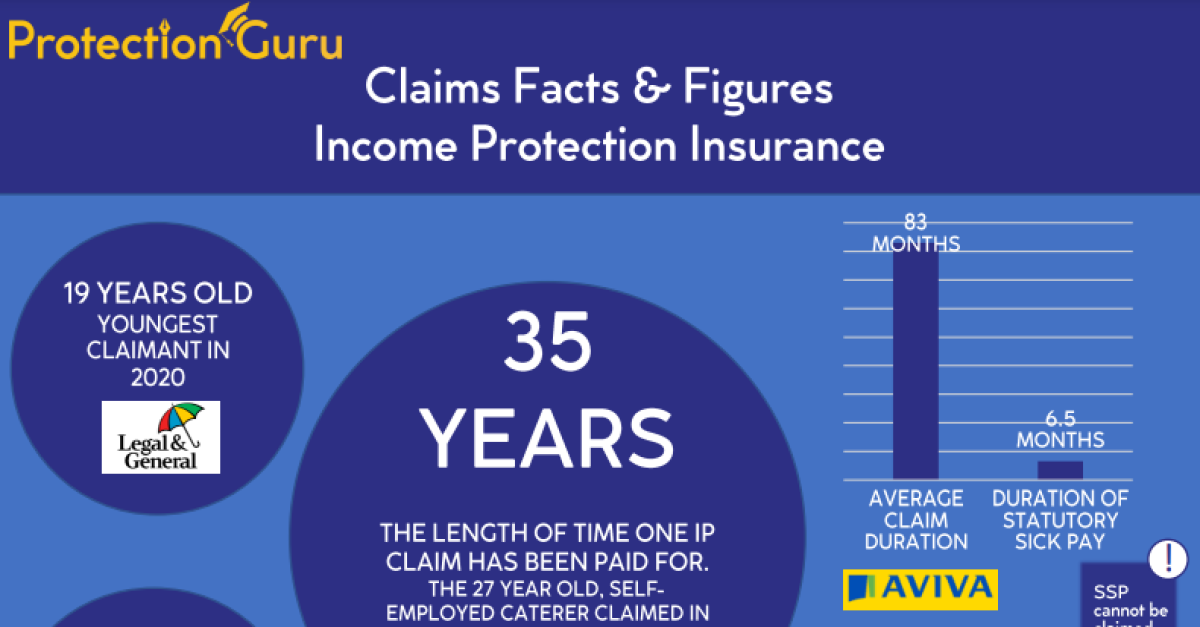
Why it is crucial mortgage advisers recommend income protection

The beauty of being a mortgage adviser is that the job title is self-explanatory. People don’t need to Google what it means – they know a mortgage adviser will find them the best mortgage. Then it’s a case of ‘job done’. Or is it?
Like everyone else in retail financial services, mortgage advisers must comply with the Consumer Duty rules. The Consumer Duty’s focus on producing good outcomes for clients means mortgage advisers should ‘avoid causing foreseeable harm’ and be mindful of clients in vulnerable circumstances.
These requirements make it difficult for mortgage advisers to ignore income protection (IP).
Some mortgage advisers are comfortable doing protection business themselves, while others are happier identifying whether there is a protection need, then referring clients to a protection specialist. Either approach is fine.
Figures from the Association of British Insurers show sales of new individual IP policies reached a record 247,000 last year – a 16% increase on 2022. Nearly all those policies – 97% – were sold with advice.
However, not all mortgage advisers are addressing clients’ protection needs. So, what is the business case for discussing IP and how should mortgage advisers new to protection approach it?
Mitigating foreseeable harm
As well as helping advisers meet their Consumer Duty obligations, talking to clients about IP makes sense for mortgage advisers from both an advice perspective and a business perspective.
From an advice perspective, having the right IP in place strengthens a client’s ability to maintain their mortgage repayments and keep a roof over their head if they become unable to work through illness or an accident.
Consumer Duty Alliance chief executive Keith Richards – who is also chair of the Financial Vulnerability Taskforce – sees this as an example of how advisers can minimise foreseeable harm in line with the Consumer Duty. He believes protection should be the core element in mitigating foreseeable harm.
“By helping someone become indebted, you create a significant risk and a level of vulnerability for families, especially if they have dependents,” says Richards. “It is incumbent on mortgage advisers to put client needs and circumstances over support around a mortgage.”
According to Richards, the Consumer Duty has created a significant opportunity for mortgage advisers to broaden their role beyond arranging home loans, which is beneficial from a business perspective.
“The better the mortgage sector becomes at broadening its advice offering and protecting client earnings, the better the remuneration will be,” he says.
Pitch perfect
The old saying that protection is ‘sold, not bought’ should perhaps not be taken too literally post-Consumer Duty.
Commentators warn against mortgage advisers being ‘too salesy’ when they pitch IP to clients, as this can be off-putting. Having said that, advisers should not shy away from highlighting the benefits of IP – and the sooner, the better.
“Nobody walks in to see a mortgage adviser thinking they’ll walk out with IP,” says Association of Mortgage Intermediaries chief executive Robert Sinclair.
“The better advisers are talking to clients about IP upfront. They talk to clients about what happens if something horrible happens and remodel it to introduce protection at the start of the mortgage process.”
Elaborating on this, The Protection Coach director Matthew Chapman explains that positioning IP this way – rather than tacking it on at the end, once the mortgage is approved – is why it comes across to clients as advice over a sales push.
“It’s never positioned right. It’s flogged as a bolt-on product when the client has got what they want,” he says. “But if it’s done at the beginning, you join the dots.”
Chapman recommends starting with a conversation about the sustainability of the income a client is using to get a mortgage and stress testing it – looking at what would happen to that income if they had to stop work.
“If their income would also stop, we would say we need to get that sorted and make it more robust,” he says. “I’ve never had a client say no to that because it feels like advice, not a product sale. It’s put to them in a way that gives some practical insight into what can be done.”
Financial resilience
Protection can be a difficult discussion for mortgage advisers because it means raising the ‘what ifs’ that people do not like to think of while they are looking forward to buying their dream home or making a fresh start.
Who wants to rain on someone’s parade by mentioning the possibility of them becoming ill and unable to function properly, let alone the financial implications of that?
However, commentators point out IP conversations do not need to immediately zone in on the negatives. Chapman, for example, says the concept of financial security is aspirational, so mortgage advisers can introduce IP as a way of achieving financial resilience.
“The client doesn’t want to know how the products work at this stage – that can come later,” he says. “Advisers should focus on the positives – how IP benefits them.”
But even with the best will in the world, clients may still refuse IP. They could be remortgage customers who say they already have cover and are not interested in a review. The important thing for mortgage advisers in light of the Consumer Duty is to document what has happened.
“It’s important to have a robust declined process. We talk to all our clients but some refuse to accept any advice, so we write them a letter with a personalised risk calculation,” says Trusted Financial Advice (TFA) mortgage and protection director Charly Higman.
“We include information on the risk of long-term illness, dying or contracting a critical illness and tell them if they’d like to do something about it, to give us a call. At least they know what they are declining.”
TFA will only close their file when the client has been informed of the risks and implications of their decision. “We won’t close the file until we’ve serviced them properly,” says Higman.


















